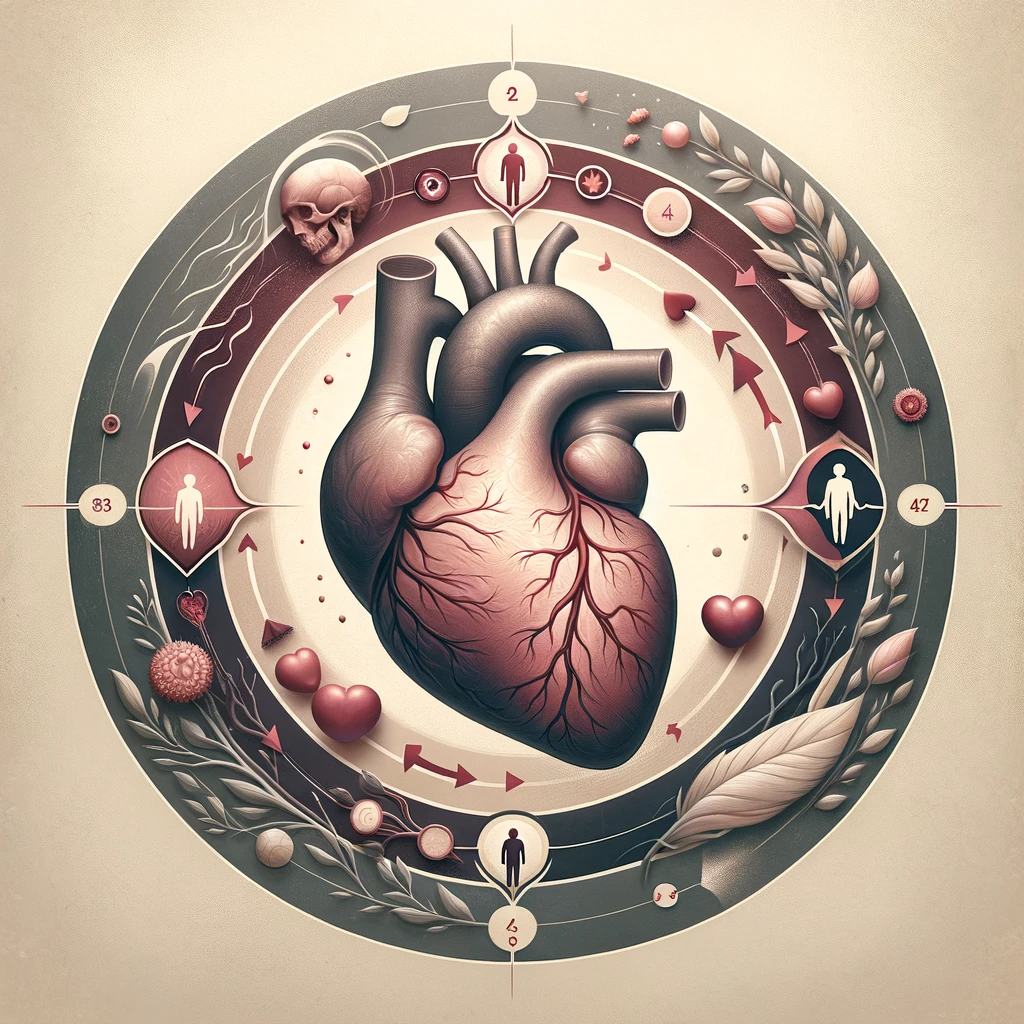Congestive Heart Failure (CHF) is a progressive condition that affects the pumping power of the heart muscles. While it is a serious condition, understanding the stages, especially as it nears the end of life, can be crucial for patients and their loved ones. This blog post aims to shed light on the stages of death in congestive heart failure, providing valuable insights for those coping with this challenging phase.
Understanding the Stages of Congestive Heart Failure
Early Stages: Initially, symptoms might be mild and include shortness of breath, fatigue, and swelling in the legs and ankles due to fluid buildup. At this stage, medication and lifestyle changes can significantly manage the symptoms.
Mid-Stages: As the condition progresses, symptoms become more pronounced. Increased difficulty in breathing, especially during physical activity or even at rest, and more frequent swelling are common.
Advanced Stages: In the advanced stages of CHF, symptoms are severe and constant. Patients may experience significant weight gain due to fluid retention, have difficulty lying flat due to shortness of breath, and may feel fatigued or weak all the time.
The Final Stage: Signs of Death from Congestive Heart Failure
In the final stages of CHF, the body begins to shut down. Recognizing these signs can help in making the patient comfortable and preparing for the end-of-life process:
- Increased Fatigue and Weakness: Extreme tiredness and weakness, where the patient may spend most of the time in bed or resting.
- Decreased Appetite and Intake: Loss of appetite and decreased food and fluid intake.
- Breathing Difficulties: Persistent cough or wheezing and breathlessness even at rest.
- Changes in Mental Status: Confusion, disorientation, or decreased alertness.
- Swelling: Increased swelling in the legs, ankles, or abdomen due to fluid retention.
- Decreased Urination: Less frequent or smaller amounts of urine.
- Heart Palpitations or Irregular Heartbeat: The heart may beat faster or irregularly as it struggles to pump blood.
Managing End-of-Life Care
End-of-life care for CHF patients focuses on comfort and quality of life. Palliative care teams can provide support to manage symptoms and assist with decision-making regarding treatment and care preferences. It’s also essential for families to discuss end-of-life wishes with the patient, if possible, and prepare for hospice care if that aligns with their goals.
Conclusion
Understanding the stages of death in congestive heart failure can help patients and their families prepare for what’s ahead. It’s a challenging journey, but with the right support and knowledge, it can be navigated with dignity and compassion. Remember, every patient’s experience is unique, and it’s crucial to consult with healthcare providers for personalized care and guidance.


